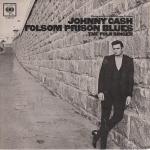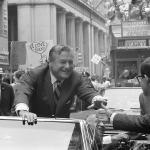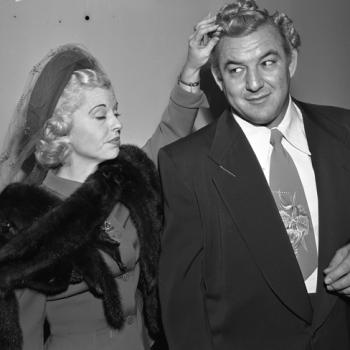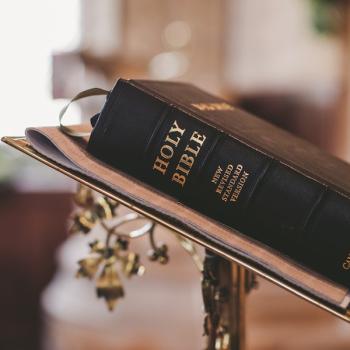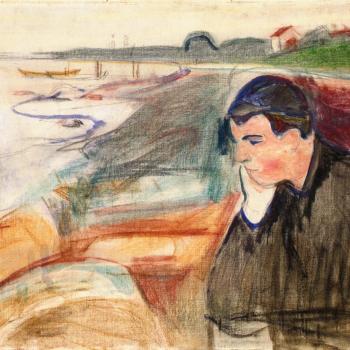I certainly imbibed some of this spiritual pride for my own, and far more of it I found for myself; but for me in my very traumatized and solitary childhood, such spiritual pride was simply death. The demand to learn about God, to judge about God, to determine and decide for myself about God, was nothing more or less than damnation. For many, many years, I insistently and incessantly sought liberation through God: liberation from my own dependency, from my own weakness, liberation from my relations and from other people. By knowing about God, by determining for myself about him and about the world, I believed I could be free, secure, alone, and at peace. Instead, of course, I was tormented eternally.
It was only much, much later, though, that I realized that all of this was, of course, simply the absence of Mary—the aching, gaping, wounded and bleeding absence of a mother.
It is, really, not at all hard to see why so many Protestant pastors, why so many prideful men of all sorts, hate and despise and abuse Mary. Mary is, in herself, the disproof of the proud man’s every idea of God. For the proud man, God is a proud man like him, the sign and the means and the guarantor of his pride. Yet the image that the Catholic Church, from her earliest centuries to her modernity, has made a central sign of herself, the central sign of God himself and of the Divine Nature, is the image of a child in the arms of his mother.
For the proud man, this can be nothing other than blasphemy. It is one thing to say that God became flesh and blood; it is quite another to say that God became dependent, terribly dependent, vulnerably dependent, on a mere human person, a woman.
When Elizabeth and her babe alike leaped for joy at the coming of God, they saw nothing at all strong or independent or self-sufficient or powerful before them. They saw only a pregnant woman, and they that knew that within her, almost a part of her body, totally dependent on her for every drop of his blood, every beat of his heart, was God himself.
When the Magi came to pay respects to the King of Creation, to fall down prostrate before the Power from on high, they found only an infant in the arms of his mother, entirely dependent on her for his life and his future, for food from her breasts and love from her heart and protection from his enemies: and they worshiped him.
This is a great and terrible mystery; and it is one entirely denied to the proud. When God wished to reveal himself as he is to man, he did not appear in strength or in power, but in weakness and dependency, as a mere creature dependent on other creatures. In this way he revealed himself truly.
In relation to creation, God is infinitely transcendent and in no way dependent; but in himself, for all eternity, God is a Trinity of Persons, bound by eternal and unbreakable bonds of love. Father and Son and Spirit are far more than merely dependent on another: they are nothing more or other than the relations between themselves. The Father without the Son and Spirit is simply a contradiction in terms. Such love, the love that is God eternally, is the opposite of all pride and self-sufficiency.
There are many people, many men especially, who fear God, who honor God, who seek God, merely because he is powerful and self-sufficient and strong, and they wish to be all these things themselves. Against these people, against their intolerable blasphemy against the divine nature and the divine love, God has cast for all time a single stone and a single witness: the Blessed Virgin Mary his mother.


